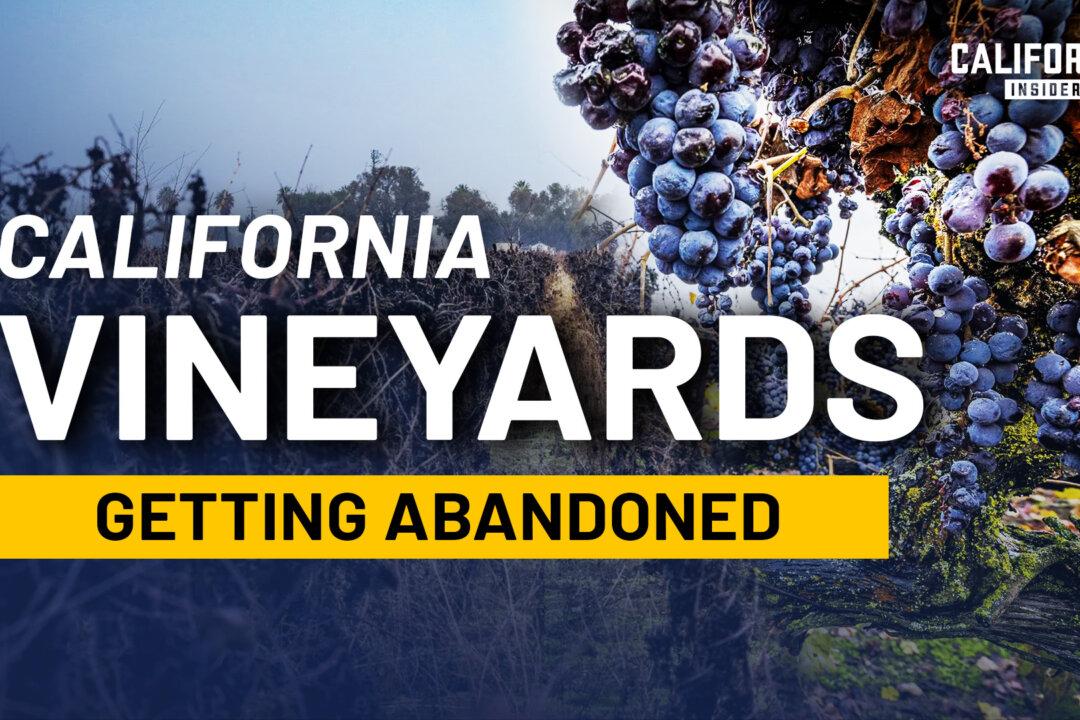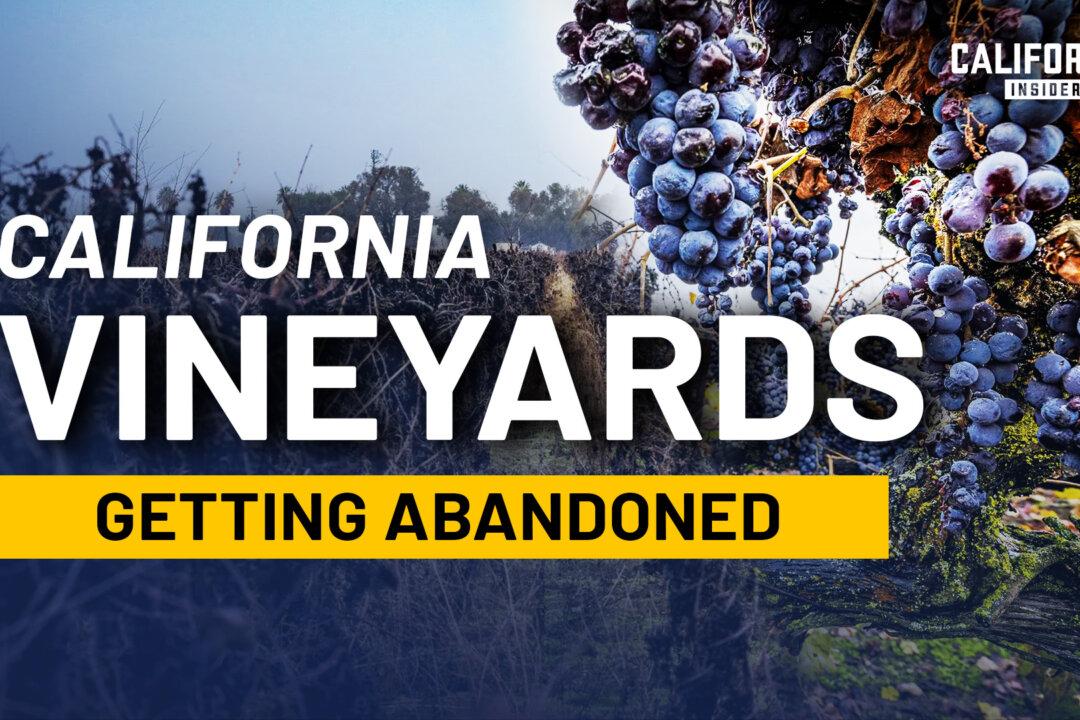Commentary
While politicians make decisions that could “slit the throat of the middle class” in California, they flout the legislative process, misunderstand the science, and do what’s politically safe instead of what they truly believe is best, talk show host and columnist John Phillips told The Epoch Times’ “California Insider.”





